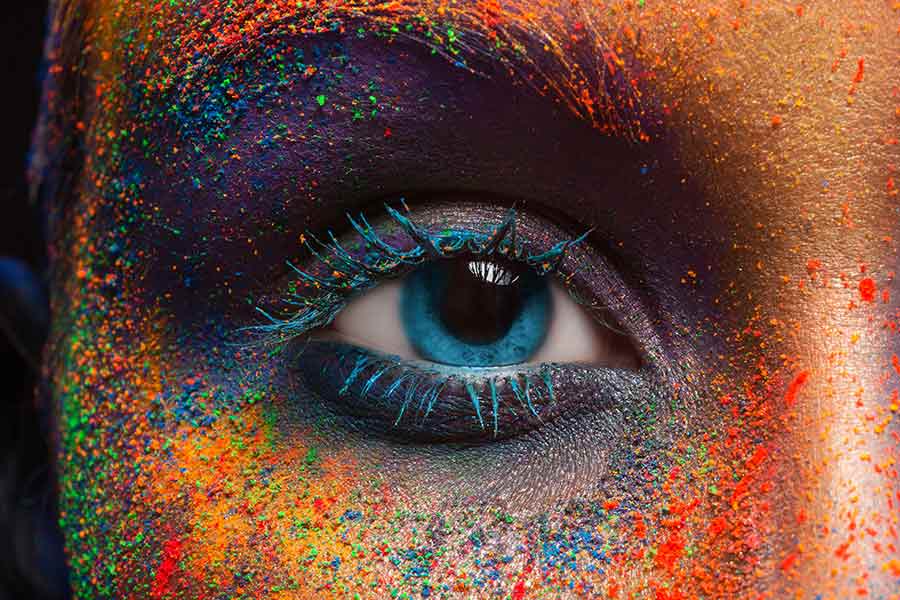How to Develop Your Creativity in Early Recovery

1. Start by recreating your old hobbies first
I often encourage clients in this direction. For example, a client recently shared that he used to run a lot, so I encouraged him to start running again. Since then, I am so happy to see him running all around the facility. The other day he exclaimed, “I’m feeling awesome, Dr. Montes. Running is my drug now.”
2. You may need to spend some time recalling and brainstorming former hobbies and pursuits
You can do this by writing down all of the things that you used to do and enjoy before addiction came along: drawing, gardening, dancing, playing the piano, cooking— even having sex. (Read on to learn more about the creativity-boosting effects of sex.) Ideally, it’s good to have a primary, second and third option for things to do. Put your list somewhere visible, like on the fridge or bathroom mirror— some place where you will have a daily visual reminder of the hobbies and activities that give you joy.
3. If you have a partner, have sex
Puritan sensibilities aside, sex provides the highest dopamine release that you can get while sober, and more dopamine will increase motivation for other creative interests, in addition to reducing distractive cravings. I can think of one patient who was having massive cravings. When he decided to masturbate, the cravings totally stopped.
4. If none of your former pursuits stirs any motivation, consider what, if any, new hobbies may be more motivational for you
Sometimes the novelty of trying something new, whether it’s taking up yoga or signing up for a class in improv comedy, can kindle the motivation that’s necessary to begin developing your creativity. If your old hobbies and recreational activities aren’t doing it for you, then give some consideration to what, if any, new sober pursuits could do it for you. What can also be helpful: thinking out of the box regarding what constitutes “creative.” You may never be a Hemingway with a gift for writing short stories— but belly dancing may be something that floats your boat, in which case, go for it.
5. If you don’t feel motivated to do anything creative, whether old or new, remember that low dopamine levels may be the explanation
The reality is that for as often as I encourage patients to get involved in something new, like learning how to play a musical instrument, the motivation is simply not there on account of depleted dopamine levels. With these clients, you can ask them if they want to do anything and still get the same apathetic response, regardless of the invitation. In some of these cases, I will actually prescribe a short-term course of the anti-viral medication amantadine, which has been used successfully to boost energy and motivation in people with late-stage Parkinsons.
6. Schedule time daily, even if it’s only for a short period, for engaging in one or more of these creative activities
When you have blocked off this important “me” time in your schedule each day, it will be easier to stick with the commitment.
7. Set short-term goals that you can then reward yourself for achieving
In a previous post, I used the example of the boy who rides his bike around the block in order to get a couple bucks from his dad. Once you’ve mastered the equivalent of “riding around the block” in whatever you’re doing, boredom can soon set in. It’s therefore important to keep setting progressively more ambitious goals that you can then reward yourself for upon their completion.
Finally, be willing to go through the frustration of failing. People who are successful have failed a lot. In fact, sometimes failure is the best motivator. Besides, any positive behavior change that is worth making will take plenty of patience, devotion and discipline. When it comes to developing your creativity in early recovery, the same principles are true.

